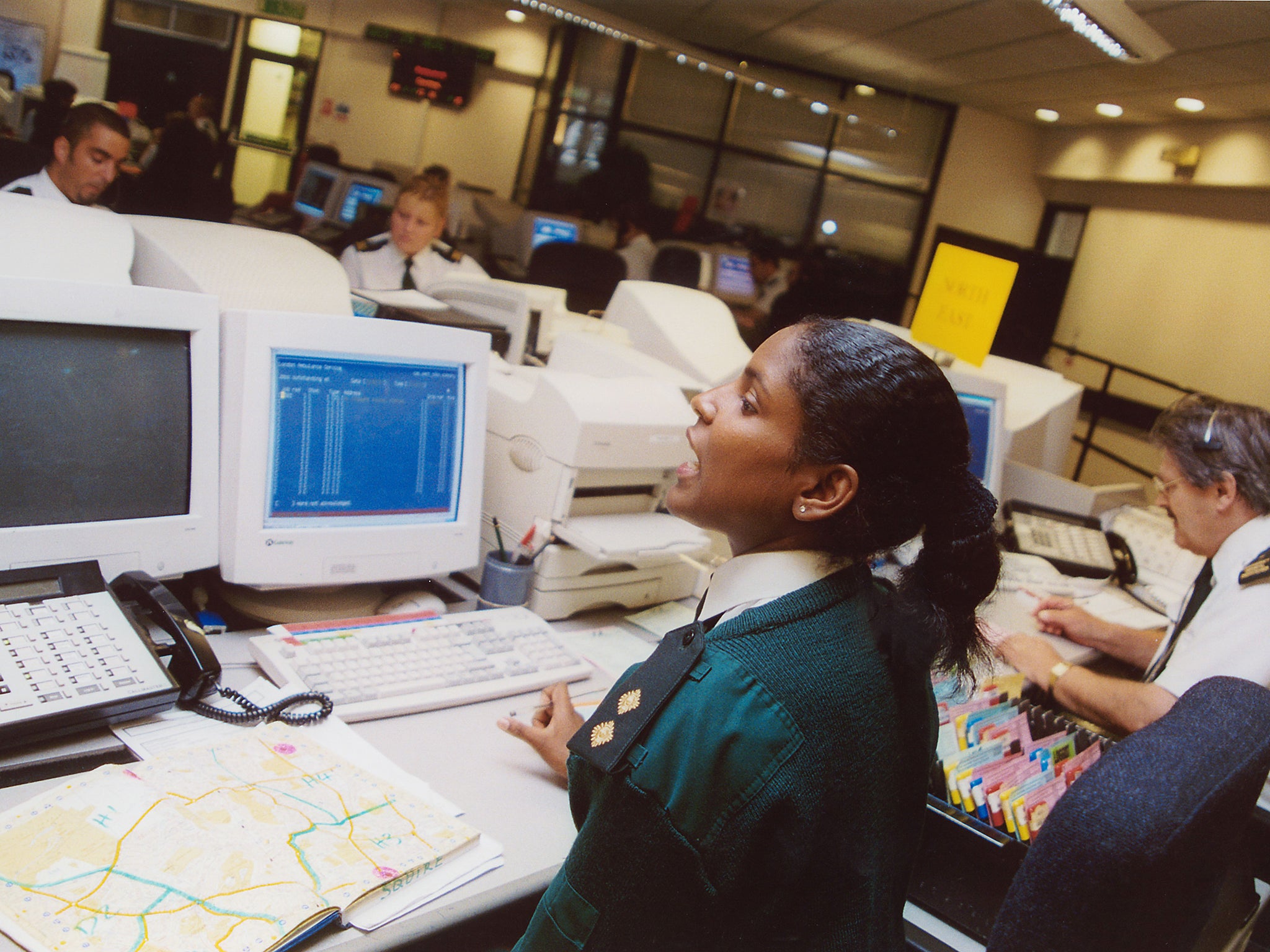Too many people are dying in police custody – this is why we need a separate 999 helpline for mental health crises
Mikey Powell's death in police custody is just one example of a heart wrenching tale that could have gone so differently with the assistance of a mental health professional

It's Mental Health Awareness Week, and it’s high time we prioritise making “mental health crisis” an available option when we dial 999. We all need to be lobbying the decision makers about this, because it's a move which will save lives. But why?
According to the IPCC, (Independent Police Complaints Commission) almost half of those who come into fatal contact with the police, and die whilst in police custody, have an existing mental health issue.
This, along with data from the United Friends and Families Campaign (UFFC), shows that over the course of the last few decades, hundreds of people have died in police custody.
If therefore, roughly half of these are indeed people with mental health conditions, that's an awful lot of people who need care – but who are instead dying in police cells and police vans.
Speaking to campaign groups, and families with relatives who sadly died in police custody, stories of longstanding mental health problems are a-plenty and heart wrenching. In some tragic cases, family members had even informed the authorities of their loved one's mental health condition, prior to their death at the hands of the same authorities.
One person who can testify to this, and who also agrees that we need a “mental health crisis” option available on 999 is my friend, poet and author, Benjamin Zephaniah. He discussed his cousin Mikey's case with me – a harrowing case which indicates why we so badly need a safer option when we call the emergency services.
Benjamin's cousin, Mikey Powell, died in 2003 while in police custody in unimaginable circumstances.
It was one of those cases where the police already knew he was stressed and agitated, because his mum had told them previously. Mikey had been having an episode, and had climbed on to the roof of the house earlier in the day. He “hated the world”, he'd said, and was angry.
His mum had called the police, and a nice female officer had turned up at the family home who Mikey had taken a shine too. The officer managed to coax Mikey safely down from the roof with an offer of a cup of tea. Crisis averted.

Not long afterwards Mikey had another episode, this time breaking a window. His mum and concerned family members again call the police, the visit from the friendly female officer fresh in their mind.
This time the police drove up to the house, and the first they did, in retaliation for Mikey hitting their police car with a belt, was to run him over. They continued to beat him with batons, CS gassed him and restrained him face down on the floor of a police van. He was held there for three minutes before being transported to a police cell, despite his injuries. The officers realised Mikey was not breathing after they had placed him in the cell, and Mikey died at the police station, aged 38 years old. Following an inquest, the jury concluded that Mikey Powell had died from positional asphyxia following police restraint.
Benjamin also told me that following this personal tragedy he'd been out on police call outs, where a mental health specialist was present. The specialist was able to make initial contact at a scene with the person involved and inform the police accordingly. In this way, altercations can be avoided.
In sensitive situations, we need experts on hand – not untrained police.
“Mental health crisis” becoming an extra option available on 999 is badly needed, and needed now. It could inform the police of sensitive situations, offer them expert support, while also giving people another option to seek help.
Many people simply do not feel safe in calling the police in the first place. Deaths in custody are a serious and longstanding issue, disproportionately affecting black communities. Previous stories of police handling mental health crises could put many off calling them for help in case the situation is not managed properly. An alternative option for concerned family members to ask for offers an obvious solution.
If you dial 999 in Brighton for example, you get asked if you want the police, ambulance, fire service – and also the coastguard. Why can't we have the same option for mental health emergencies? It would save lives. It would also be an indication that we as society finally take one of the last great taboos, mental health, seriously.
We must pressure the lawmakers to make this happen. With a general election on the horizon, pressuring the next government put mental health back onto the agenda must be a top priority.
Join our commenting forum
Join thought-provoking conversations, follow other Independent readers and see their replies
Comments
Bookmark popover
Removed from bookmarks